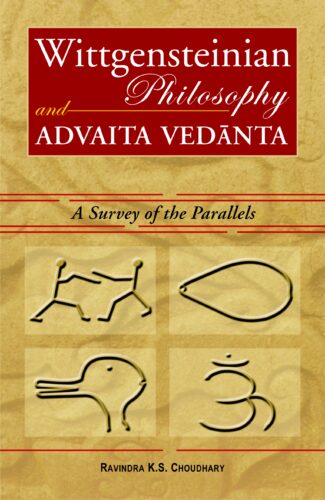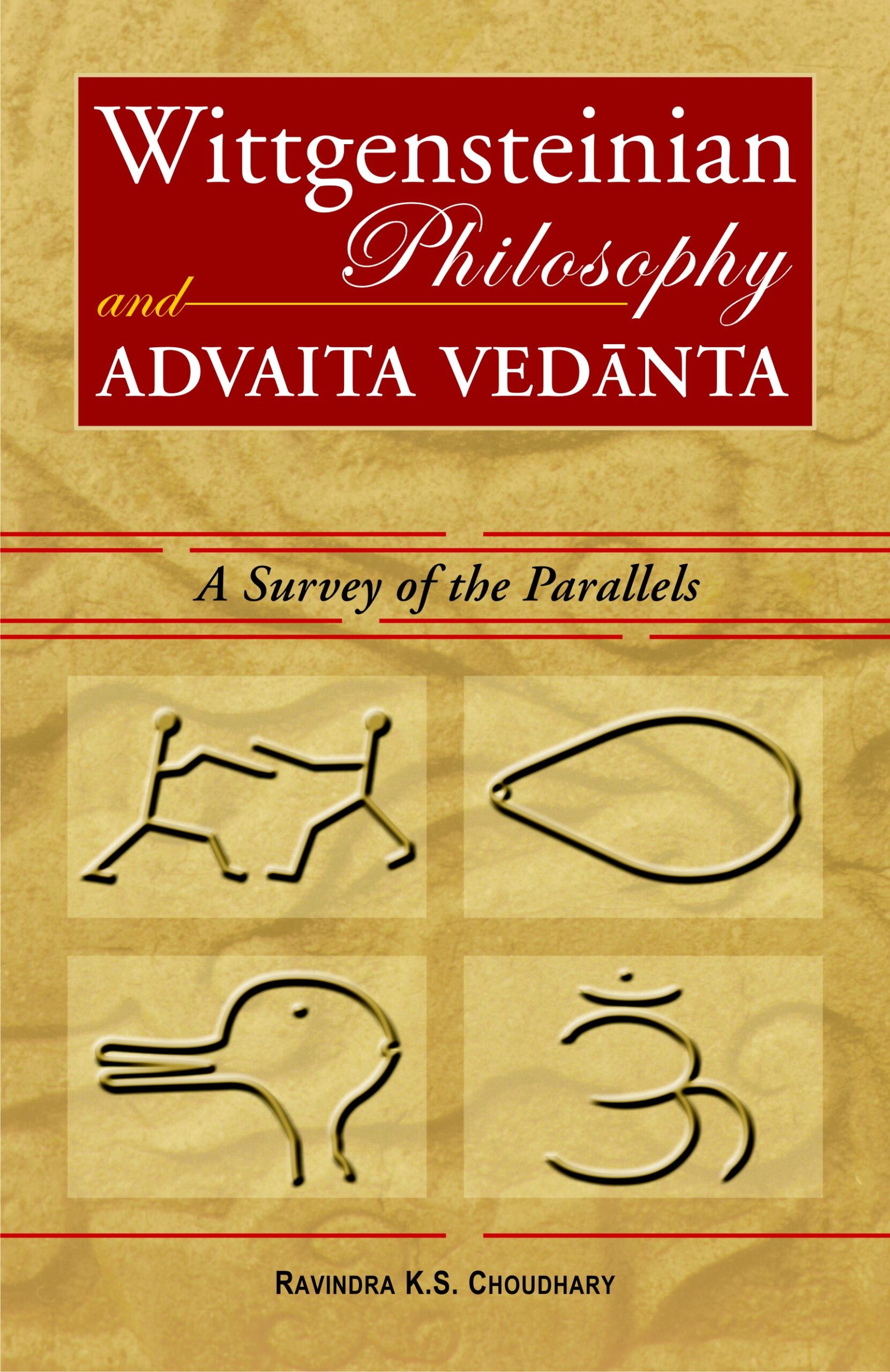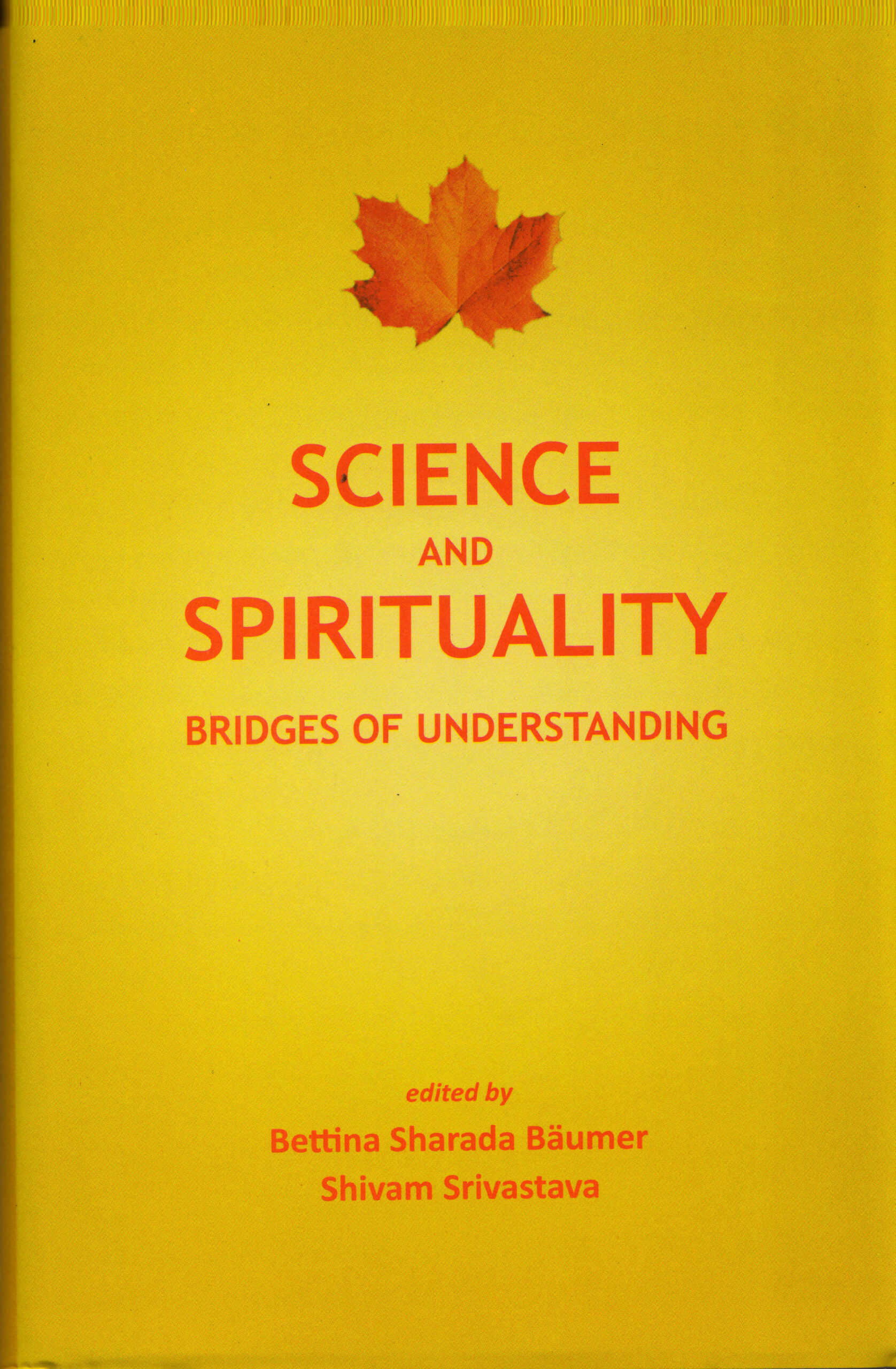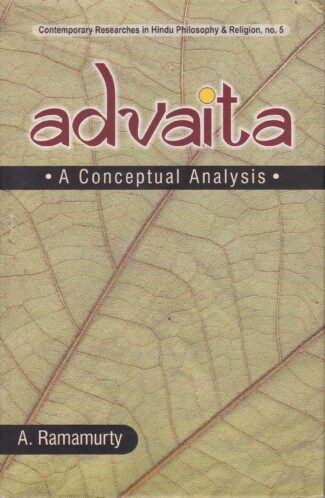-


Wittgensteinian Phil...
Wittgensteinian Philosophy and Advaita Vedanta
A Survey of the Parallels by: Dr. Ravindra K.S. ChoudharyThe philosophy of Wittgenstein and the Advaita Vedanta philosophy are two philosophical traditions far apart in time and cultural space yet they possess striking similarities. This volume painstakingly researches Wittgenstein’s works and the basic texts of Vedanta, the Upanishads, the Brahmasutra and the Bhagavad-Gita, delving deep into their similarities.
₹855.00
ISBN: 9788124604199
Year Of Publication: 2007
Edition: 1st
Pages : xxi, 256
Bibliographic Details : Bibliography; Indexes
Language : English
Binding : Hardcover
Publisher: D.K. Printworld Pvt. Ltd.
Size: 23
Weight: 550
The philosophy of Wittgenstein and the Advaita Vedanta philosophy are two philosophical traditions far apart in time and cultural space yet they possess striking similarities. This painstaking research carried out with a rare thoroughness by an erudite scholar, Ravindra K. S. Choudhary, shows that there are illumi-nating parallels between them even while recognizing their legitimate differences. The work argues that though Advaita Vedanta did not exert a direct influence over Wittgenstein, the philosopher owes much to Schopenhauer who was a great admirer of the Upanishads. Examining a variety of Wittgenstein’s works earlier as well as later and the basic texts of Vedanta, the Upanishads, the Brahmasutra and the Bhagavad-Gita, along with Shankara’s interpretations of them, it delves into their similarities vis a vis the question of reality, the realm of value and some central issues of ethics and religion. It observes that, for instance, Wittgenstein’s notion of the mystical (das Mystische) is similar to the Advaitic view of Brahman. For both, the matters of value have a higher or transcendental level as distinct from the world of facts. Wittgenstein’s idea of a good or happy life is very close to the Vedantic ideals of jivanmukti as well. The work goes on to show that the Vedantic parallels of Wittgenstein’s philosophy persists in distinctive ways from the Tractatus to his last writings. The volume reveals a fresh approach in the field of comparative philosophy. The volume will benefit all those concerned with the discipline of philosophy, Indian or Western.
Preface
Abbreviations
Chronology of Wittgensteins Life
Transliteration chart
1. Introduction
Why is there a Need for this Survey?
The Aim of the Survey
An Outline of the Linkage
Method and Approach
The General Plan of the Work
A Note on the Social and Interdisciplinary Relevance of the Work
2. Meeting the Major Challenges
Anticipating Major Challenges
Wittgensteins two Philosophies
Set Patterns of Studies
Contextualism and Translation
Identity and Difference
3. Analytic Philosophy and Advaita Vedanta: An Overview of Select Studies
Advaita after Analysis
G.N. Mathranis Application of Philosophical Analysis to the Issues of Advaita Vedanta
G. Misras Interpretation of Advaita as Analysis
G.C. Nayaks Reappraisal of Sankara as an Analytic Thinker
K. Satchidananda Murtys use of Wittgensteinian Ideas in Explicating Overarching Issues of Advaita
R. Balasubramanians Interpretation of Advaita in Terms of Wittgensteinian Ideas
R.C. Pradhans Efforts to Promote the Pursuits of the Parallels between Wittgenstein and Advaita Vedanta
S. Panneerselvams Attempt to Show Some Parallels between Wittgenstein and Sankara
A Note on the Reception of Wittgensteins Ideas by his Contemporary Expounders of Advaita
The West is Changing its General Conception of Indian Philosophy, Especially that of Advaita Vedanta
4. The Question of Reality: Early Wittgensteinian and Advaitic Responses
What is Reality?
Early Wittgensteins Attitude to Metaphysics
The Form of Reality in the Tractatus
An Allusion to the Transcendental Dimension of Reality
Facticity and Transcendence: The Metaphysical Matrix Manifested in the Tractatus
Wittgensteins Metaphysical Self and the Atman of Advaita Vedanta Compared
Saksin (Witness) as an Advaitic Parallel of Wittgensteins Metaphysical Self
Sub Specie Aeternitatis: Wittgensteins Weltanschauung and its Affinities with the World-view of Advaita Vedanta
A Note on the Spinozistic Roots of Sub Specie Aeternitatis
5. Reality Revisited: Later Wittgenstein vis-a-vis Advaita Vedanta on the Question of Reality
Later Wittgensteins Attitude to Metaphysics
The Problems that have The Character of Depth
The Idea of the Limit
An Attitude Towards a Soul: The Status of Self in Wittgensteins Late Philosophy A Transcendental Reading
Advaitic View of the World: Private or Public?
The Ineffability of Mystical Experience and Wittgensteins Private Language Argument
6. Wittgenstein and Advaita Vedanta on Ethics: Some Issues of Common Concerns
The Point of the Book is Ethical One
Wittgenstein and Advaita Vedanta on the Matters of Value in General
The Metaphysical Matrix of Value Ethics is Transcendental
The Two Ways of Viewing the World in Wittgensteinian Philosophy and Advaita Vedanta
Wittgensteins Idea of the Good or Happy Life and the Vedantic Ideal of Jivanmukti
Wittgenstein and Nishkama-Karma
Wittgensteins Later Views on Ethics
Some Developments in Wittgensteins View of Ethics
Can Gandhian Advaitic Vision Counterbalance Wittgensteins Disillusionment with the Modern Western Civilization?
7. Wittgenstein and Advaita Vedanta on Religion: the Realm of Illuminating Affinities
Wittgensteins Problems of Science and Problems of Life vis-a-vis Upanishadic Para-vidya and Apara-vidya
Wittgensteins Mystical and Vedantic Brahman
Wittgensteins Mysticism and Advaita Vedanta
The Echoes of Wittgensteins Earlier Mysticism in his Later Thoughts
Religion as a Sui Generis Form of Discourse
Seeing and Seeing-as
The Frog and the Fly Two Parallel Parables
8. Some Concluding Remarks
Recapitulation and General Discussion
Some Ramifications, Potentials and Prospects
Select Bibliography
Name Index
Subject Index







